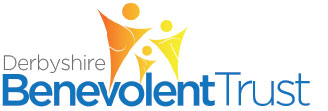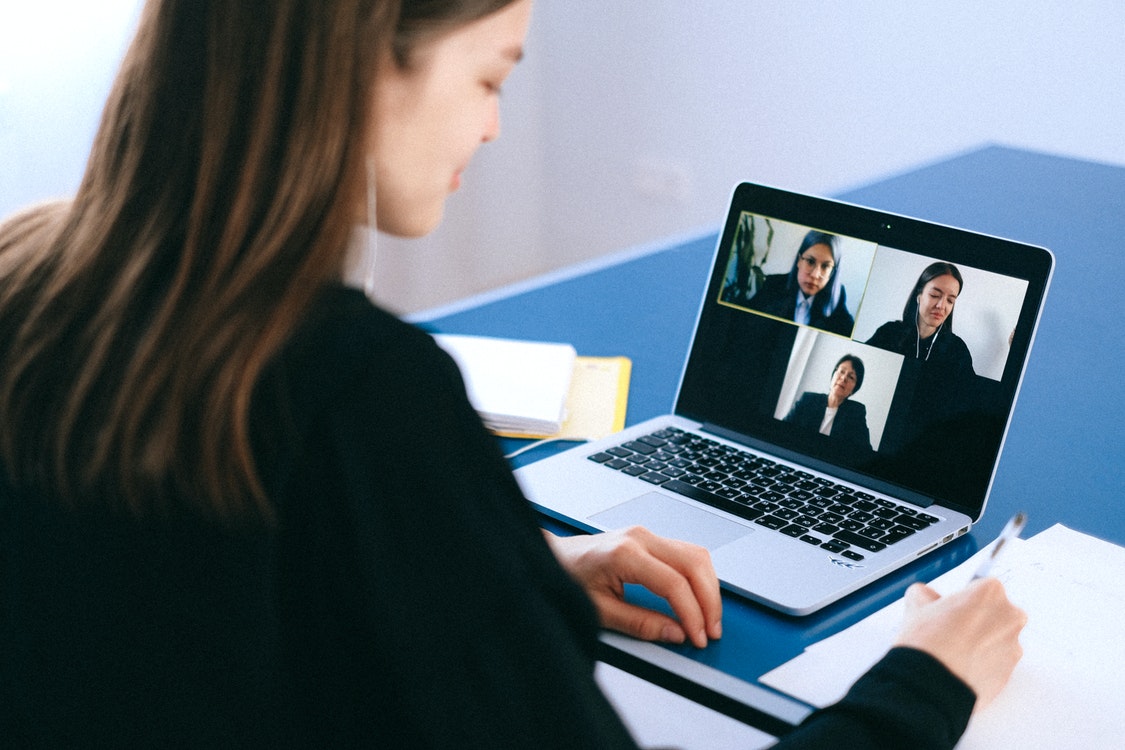One of the impacts of Covid is the change to how many organisations are handling their recruitment processes. In many cases, this means a move to online interviews via Teams or Zoom for example rather than face to face. This can be quite an uncomfortable or nerve-wracking experience, particularly if you haven’t had many interviews (or any recently). The following pointers might help you prepare and ensure you are as ready as you can be for this type of selection process.
Preparation is key
It is always good practice make some notes before an interview but this will really help with an online interview; you can have some easy-to-see bullet point notes in front of your computer to act as reminders for questions you are expecting. Jot down any key points you want to (examples of skills or experience you have for example) you can also use post-it notes as reminders. Keep a pen and paper to hand in case you need to make any notes during the interview about things to come back to.
Even if you have been using video chat for socialising over the last few months, have a practice because an interview is different. Try to ensure you have the chance to practice for an online one, just as you would for a face to face interview. Ask your friends or partner to be the interviewer and set up a video chat session. Rehearse answering the type of questions you might be asked while you get to grips with the technology – especially if it is some tech that you haven’t used before.
When you’re in full flow ‘selling yourself’ mode during the interview, being interrupted can really throw you off guard. If it is possible, choose an interview time when those you live with will be out and about. If that isn’t doable, could you ask them to try to be quiet for an hour or so while you do the interview? Or find a part of your home where you’re less likely to hear noise? If it’s possible, you could even go to another space, like a friend’s house, to do the interview.
Think about whether you are dressed appropriately for the role you’re going for? Even though the interview is online, it’s best to show that you have thought about this. Wearing professional clothes will probably get you in the right mindset. Also, what will your interviewee see in your background? Choose a space that won’t be too distracting for them. You can try things out by recording yourself on platforms like Teams and Zoom to check how you look and sound before the interview.
Don’t chance it, test it

Be prepared, have a notebook filled with notes to call upon and have a back-up piece of technology should your first device fail.
Remember, every organisation has their own preference for video chat. Try to ensure that you test the device (laptop, mobile or desktop etc) you are planning on using with the platform you’ll be on for the interview beforehand. Some devices might work better with some platforms than others do. If you notice interruption, try asking others in the house not to use the internet while you are doing the interview and turn Wi-Fi on your phone off. You can also close all other applications on your computer. If you know your bandwidth is poor at home, it might be worth doing the interview somewhere else?
Think about a backup plan too in case you experience problems with the technology during the interview. If you can, try another device, like your mobile or tablet, or continue on your phone. If you can, agree on a back-up plan with your interviewer beforehand for if the connection goes.
Your device’s built-in speakers can sometimes be poor audio quality so using headphones could be a good idea. Some come with noise cancelling, which means the people you’re speaking to won’t hear any background noise. Research which might work best for you.
Don’t forget the basics

Just because the interview is virtual, don’t forget about the basics of body language.
During the interview, think about your body language and look at your device’s camera as much as possible rather than the picture of the interviewee. Then the interviewee will feel like you are looking at them more directly. Remember to smile and nod when the interviewer speaks to show you are engaged. Sit up and act as you would during an in-person interview.
From dodgy connections to unexpected interruptions, you won’t have control over everything that happens in the online interview. Your interviewer will know this. After the call, write down three things you think went well and three you think you might do differently next time. This could help you to detach from the interview and move on.
With delays and the lack of face to face social cues, it can be easy to talk over people in video calls. It can’t be avoided sometimes, so try not to let it overwhelm you if this happens. Remember to breathe and that you don’t have to jump in with an answer straight away. You can pause, think about your answer then respond, just as you might do in a face to face interview and consider your response.
Just like face-to-face ones, online job interviews can feel so much better when you’re well prepared. Remember, that if this role isn’t the right one for you, there will be something else that comes along soon.
If you would like any support or further information, please contact me by email at alogicalltd2005@gmail.com or visit www.alogical.co.uk








